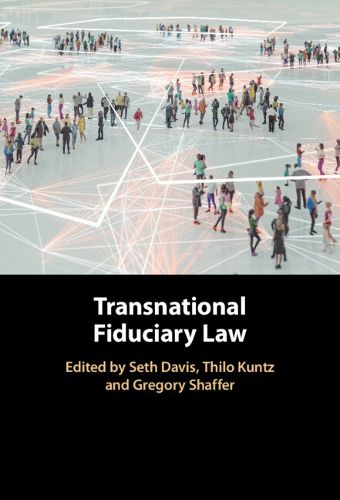Readings Newsletter
Become a Readings Member to make your shopping experience even easier.
Sign in or sign up for free!
You’re not far away from qualifying for FREE standard shipping within Australia
You’ve qualified for FREE standard shipping within Australia
The cart is loading…






Fiduciary law is important transnationally, particularly in the context of global capitalism. Fiduciary law's characteristic regard for others offers a response to the pursuit of unconstrained self-interest in business and government relations, potentially implicating the exercise of both private and public power. Stakeholders have invoked it not only to address traditional private law matters, but also to enjoin transnational corporations to respect human rights, to combat public corruption, and to constrain national governments to respect the rights of Indigenous Peoples. This book focuses on the processes through which conceptualizations of fiduciary relationships and fiduciary norms may (or may not) settle transnationally - or become unsettled - as actors invoke fiduciary norms to address problems in different domains, including across borders. It identifies complications and challenges of any transnational convergence of fiduciary norms that fiduciary theorists often elide. This book is also available as Open Access on Cambridge Core.
$9.00 standard shipping within Australia
FREE standard shipping within Australia for orders over $100.00
Express & International shipping calculated at checkout
Fiduciary law is important transnationally, particularly in the context of global capitalism. Fiduciary law's characteristic regard for others offers a response to the pursuit of unconstrained self-interest in business and government relations, potentially implicating the exercise of both private and public power. Stakeholders have invoked it not only to address traditional private law matters, but also to enjoin transnational corporations to respect human rights, to combat public corruption, and to constrain national governments to respect the rights of Indigenous Peoples. This book focuses on the processes through which conceptualizations of fiduciary relationships and fiduciary norms may (or may not) settle transnationally - or become unsettled - as actors invoke fiduciary norms to address problems in different domains, including across borders. It identifies complications and challenges of any transnational convergence of fiduciary norms that fiduciary theorists often elide. This book is also available as Open Access on Cambridge Core.